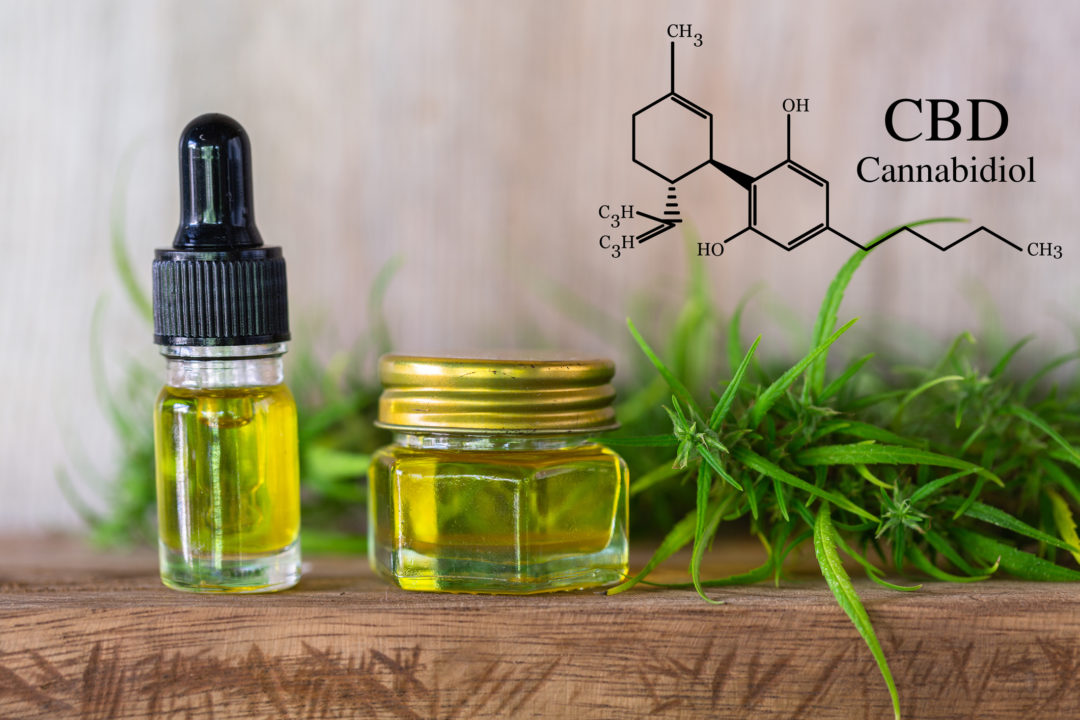The researchers, Siddappa N. Byrareddy from the University of Nebraska Medical Center and Mahesh Mohan from Texas Biomedical Research Institute, note that a paper byZhang et al.summarized the current status of potential therapeutic strategies for COVID-19. One—tocilizumab, which targets cytokine recepters—has resulted in clearance of lung consolidation and recovery in 90% of the 21 treated patients, but it also produced adverse effects, including pancreatitis and hypertriglyceridemia. The researchers note that, based on that research, it is “imperative to explore effective alternative anti-inflammatory strategies.”
Byrareddy and Mohan also cite Zhanget al.in noting that Remdesivir has reduced the mortality rate of seriously ill COVID-19 patients, but that similar studies in rhesus macaques have suggested that inflammation persists through and after the treatment, which “may partly explain the 20-30% reduction in lung function in COVID-19 patients after recovery, which if left unresolved may lead to pulmonary fibrosis.”
They highlight CBD, which has shown anti-inflammatory effects in pre-clinical models of various chronic inflammatory diseases. In a murine model of acute lung injury, it decreased lung inflammation, potentially through the inhibition of proinflammatory cytokine production. CBD, the researchers continue, can inhibit the production of proinflammatory cytokines that have been associated with SARS-CoV2-induced multi-organ pathology and mortality. And while THC can similarly reduce inflammation, CBD “has a high margin of safety and is well tolerated pharmacologically even after treatments of up to 1500 mg/day for two weeks in both animals and humans,” the researchers write.
Related: Can Selenium Significantly Increase the Cure Rate in COVID-19? CRN Calls on FDA to Move Forward With CBD Duke University Medical Center to Assess Probiotics in COVID-19 Exposure
Severely ill COVID-19 patients have also exhibited neurological symptoms, the researchers note, including headache and cerebrovascular disease. Autopsies have confirmed neuronal degeneration and the presence of SARS-CoV2 in the cerebrospinal fluid. The researchers suggest testing to clarify if and when SARS-CoV2 invades the brain, “and if this happens, does it result in neuroinflammation and more importantly, whether cannabinoids can modulate these events.”CBD may be a multi-purpose treatment, Byrareddy and Mohan noted: “CBD has shown promise as an alternative therapy for the clinical management of anxiety disorders… It has been suggested that CBD could be used to improve the mental and somatic health of patients suffering from anxiety and emotional stress after recovering from Ebola disease. Like Ebola, patients recovering from COVID-19 may experience various psychological and social stressors that may be triggered by residual chronic inflammation and autoimmune reactions.” The researchers suggest that randomized clinical trials should be performed to test the efficacy of CBD in alleviating anxiety and fear associated with COVID-19 infection.
The researchers conclude: “Collectively, these findings support the investigation of cannabinoids as a plausible option to be added as an adjunct to Remdesivir or any new antivirals on SARS-CoV2 induced lung inflammation.”










